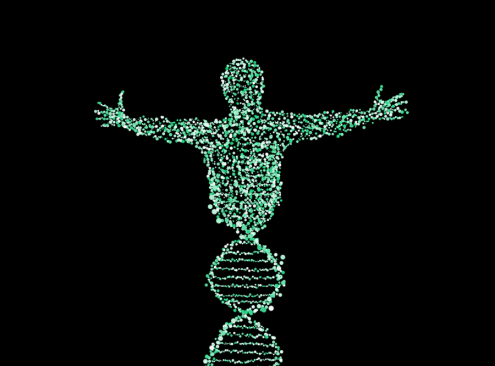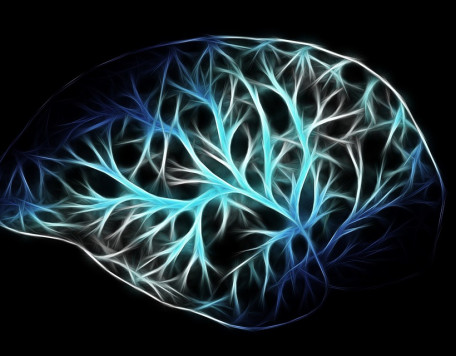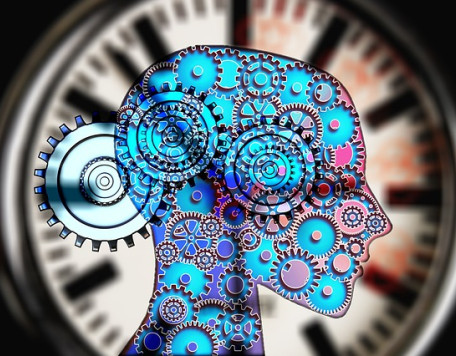© Pint of Science, 2025. All rights reserved.
Ever wondered how genes shaped our history and behaviors ? Come on a journey with Pradeep, Caitlin and Hugo to discover what lies in DNA and how researchers can now read and study our (his)story !
Genome sequencing: How could citizens contribute?
Pradeep Eranti
(doctorant, unité Toxicité environnementale, cibles thérapeutiques, signalisation cellulaire, Université Paris Cité)
Genome sequencing technologies are advancing at a faster pace. Since the Human Genome Project, researchers have developed sophisticated tools to analyze vast sequencing data rapidly. Researchers in industry and academia are pooling large numbers of samples to conduct large-scale studies. Within just a week, you can learn about your ancestry or even your pet’s pedigree. All you need to provide is a small amount of blood or saliva for the sequencing. Take part in citizen science, own your genome, and make informed health decisions.

Humans & cows, co-evolving sickness and survival
Caitlin Martin
(doctorante, Institut Jacques Monod, Université Paris Cité)
Though the COVID-19 pandemic brought zoonoses into the spotlight, shared disease between humans and animals is as ancient as our interactions. But this partnership isn’t all bad: in co-evolution, shared disease can also lead to shared remedies.
Come on a journey through time to discover fascinating stories of humans, cattle, shared sickness, and shared survival. We’ll chase a 10,000-year-old mystery across the globe, learn how cutting-edge science reconciled conflicting evidence and unraveled the origin of an ancient zoonosis, and discover why we have the cow or “vacca” to thank for vaccines.
Come on a journey through time to discover fascinating stories of humans, cattle, shared sickness, and shared survival. We’ll chase a 10,000-year-old mystery across the globe, learn how cutting-edge science reconciled conflicting evidence and unraveled the origin of an ancient zoonosis, and discover why we have the cow or “vacca” to thank for vaccines.
Evolution: Why is it so difficult to cooperate?
Hugo Lachuer
(post-doctorant, Institut Jacques Monod, CNRS)
Cooperation is omnipresent in life, from intra-species (e.g., monkey grooming) to inter-species cooperation (e.g., gas exchange between bacteria and plant roots). While cooperation seems advantageous for all the partners, anyone who has experienced teamwork knows that some people can produce less effort and take advantage of the cooperation for their own profit. The evolution of cooperation is subject to the same constraints. Using game theory and social observations in bats, I will explain how cooperation evolved and is maintained despite these selfish behaviors.
© les contributeurs OpenStreetMap
autres événements à La Ferme
2025-05-20
Quand le cerveau rêve et danse
La Ferme
5 Rue des Petites Écuries 75010, Paris, France
2025-05-21
Défis du temps : l’humain et la techno s’adaptent
La Ferme
5 Rue des Petites Écuries 75010, Paris, France






